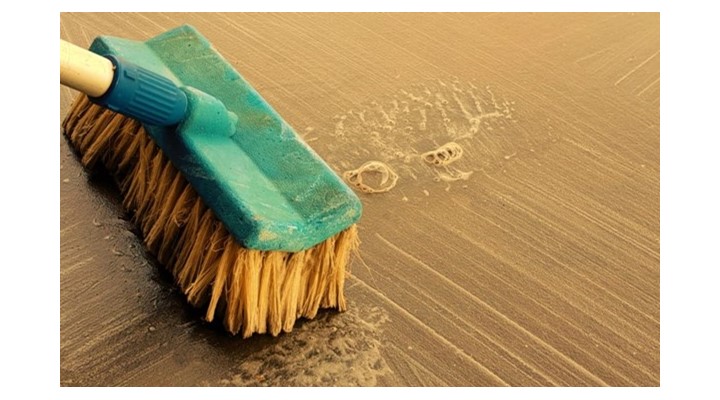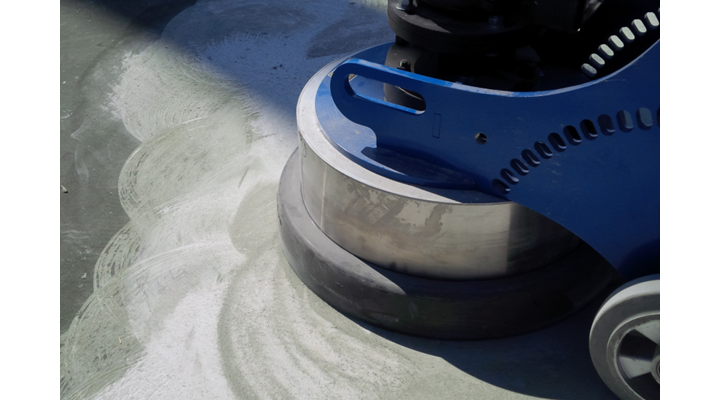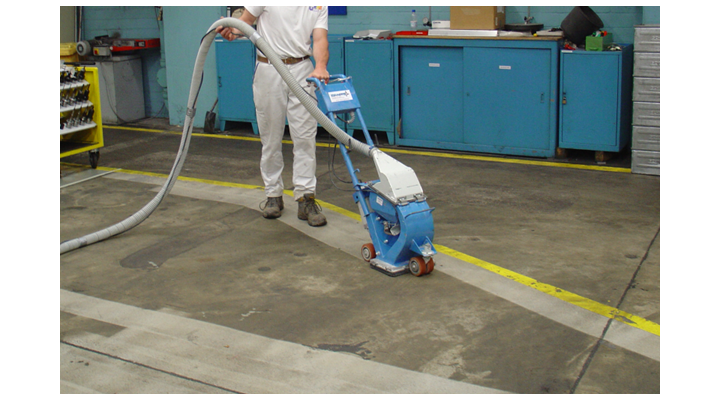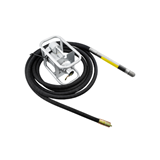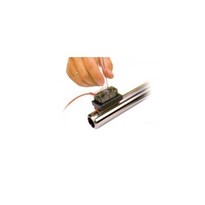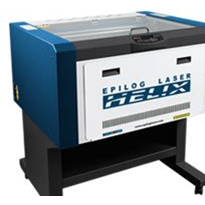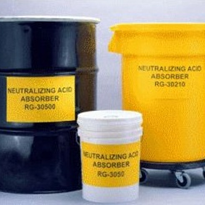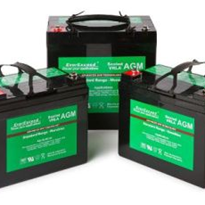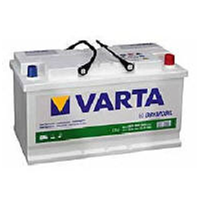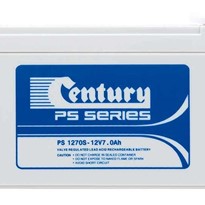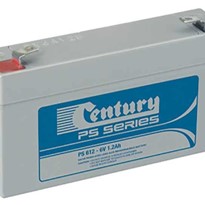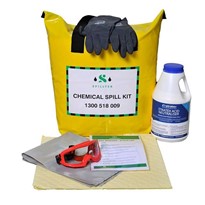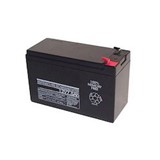What happens to the concrete when you utilize an Acid for concrete preparation for subsequent materials or coating bond or as a cutting process chemical to get down to aggregate for polished concrete?
Concretes made of Portland cement are highly alkaline with pH values normally above 12.5. As the pH of the solution decreases from acid, the equilibrium in the cement matrix is being disturbed, and the hydrated cement compounds are essentially altered by hydrolytic decomposition which leads to the severe degradation of the technical properties of the concrete.
If pH decreases to values lower than stability limits of cement hydrates, then the corresponding hydrate loses calcium and decomposes to amorphous hydrogel. The final products that result from the reaction of acid attack are the corresponding calcium salts of the acid as well as hydrogels of silicium, aluminum, and ferric oxides.
How deep does the acid penetrate the concrete?
As deep as the concrete absorbed the mixed water and acid, is how deep the concrete has been weakened by the acid.
There are much better alternatives to the use of acids that don’t carry this liability. Acid reacts with calcites among anything else, which degrades the concrete. It creates contaminates, a byproduct of any reaction. As a preparation method of any coating or overlay on concrete acid etching it is fraught with potential problems.
In some cases acid washing may be better than doing no prep, but that is not saying a lot in its favour. Mechanical preparation such as shotblasting or diamond grindingis the fastest surest, and is least least likely to have a comeback.
Mechanical rather than chemical preparation is by far the safest method with much lower risk of call back and coating failure.


